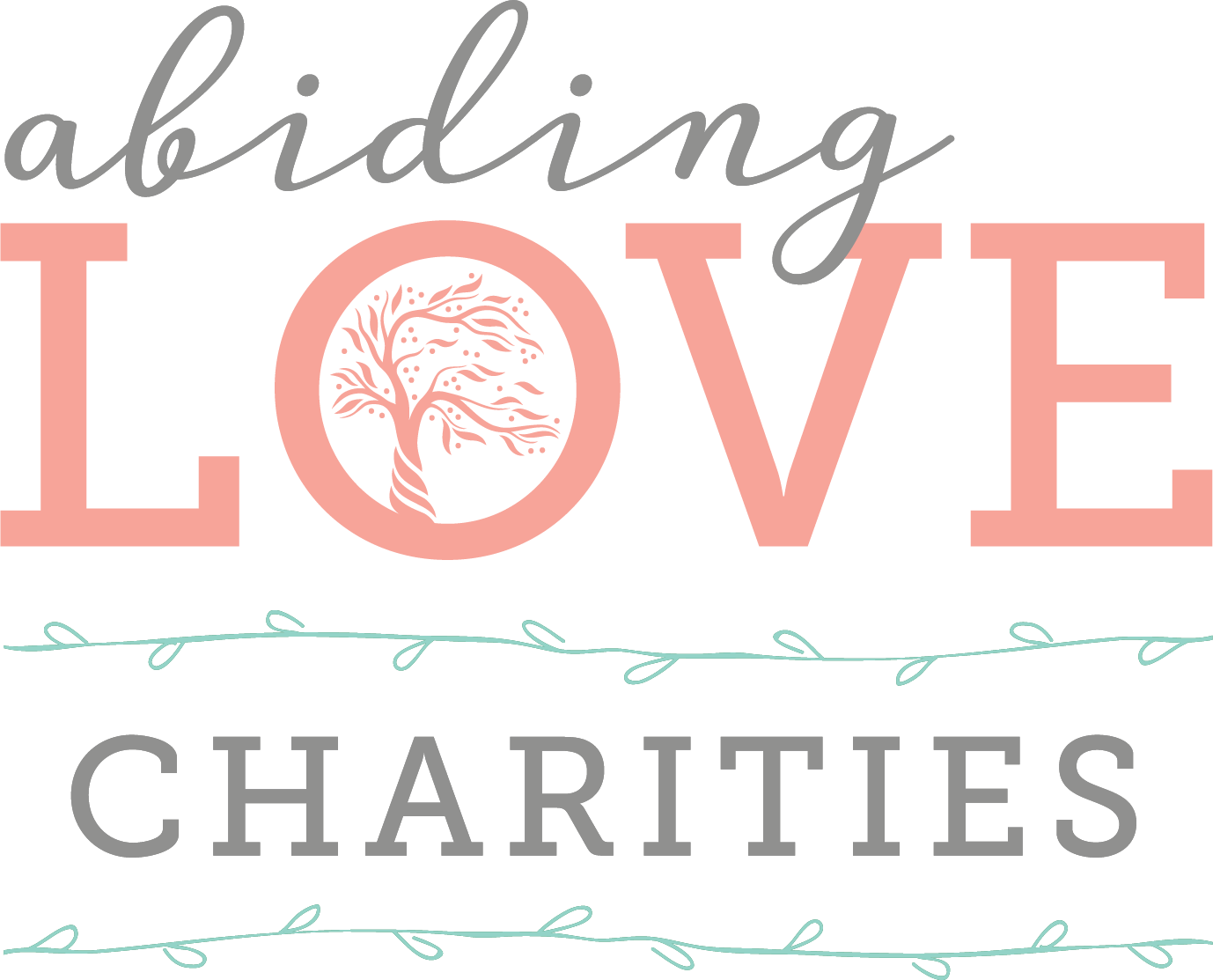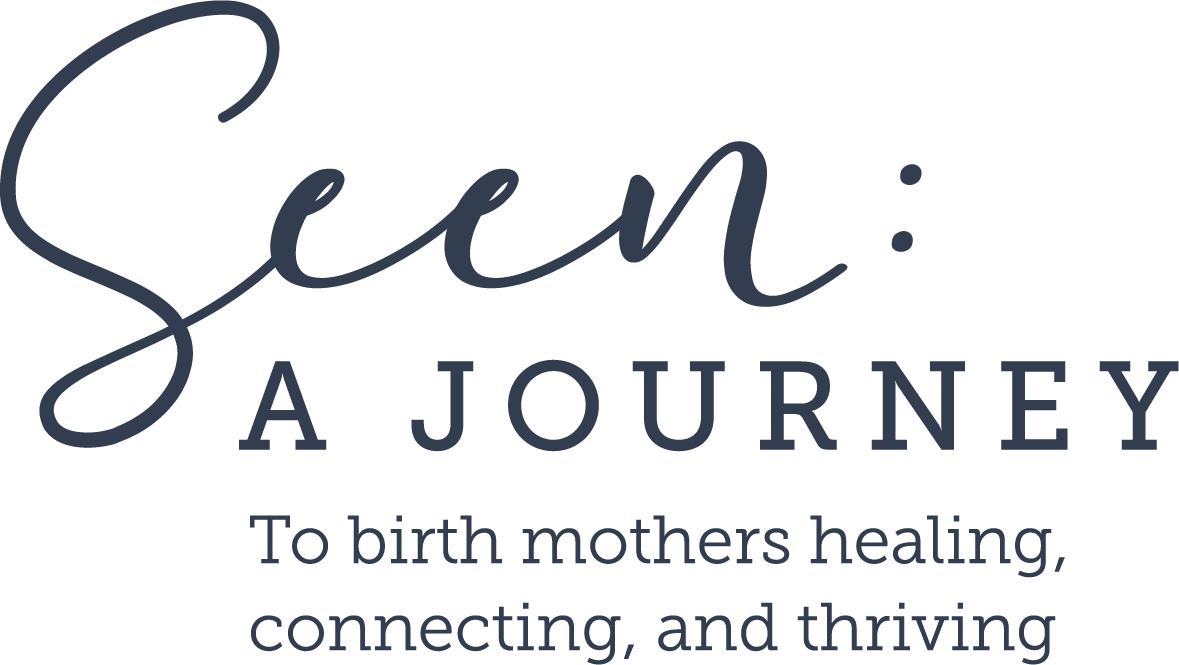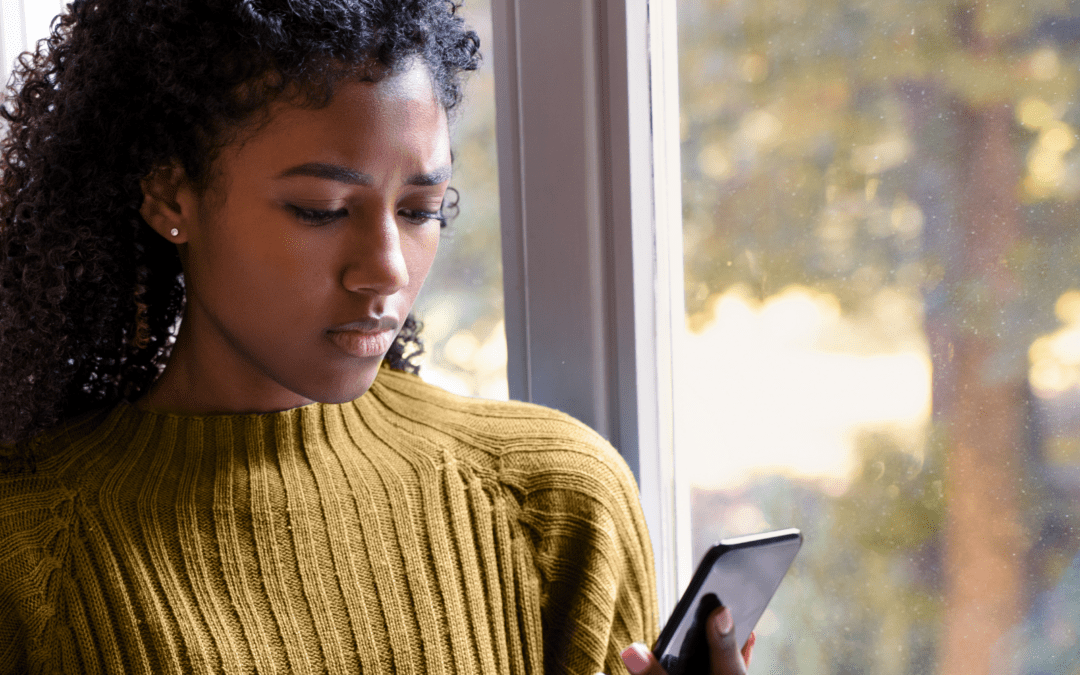It is Friday night and I am relaxing on the couch with my children and husband watching another episode of Family Matters. Dinner has already been served, and we are well on our way to warm chocolate chip cookies and vanilla ice cream for dessert. My heart is full and I am beyond grateful for moments such as this one. My phone begins to vibrate and I see that my cousin from Haiti is calling me on Whats App. I push ignore and continue watching T.V.. A few moments later, my cousin calls me again. Instead of pushing ignore, I just sit there and stare at the phone.
Depending on who is the narrator, my adoption story can sound somewhat like a fairytale. I was a severely malnourished, non-communicative, and very cute (if i say so myself) three year-old living in an orphanage. I was the only child of several who was placed for adoption. The opportunities that have been afforded to me is not lost on me. Here I am sitting on my couch, in my home, with lights, a fridge full of food, and all the modern day comforts that come with being a citizen of a first world country. But for some reason I can’t pick up the phone and say “Bonswa”.
Survivors Guilt In Adoption Brings Misplaced Shame To Reality
In a perfect world I would be with my biological family living a fruitful and happy life. However, the world we live in is broken and there is no room for perfection. So we pick up the pieces of imperfection and try our best to glue the brokenness together. Then, somehow, shame and self-doubt seep into the crevices of our minds and wreak havoc.
SHAME has its way of making you feel as though you are not enough and that you are not giving enough. I have allowed shame to take ahold of my thoughts and actions. I look at life through the lens of inadequacy. Shame is the way I punish myself and remind myself of my shortcomings.
I cannot pick up the phone, because I have allowed shame to take control of my thoughts. Many international adoptees struggle with survivors’ guilt in adoption. It is a condition of persistent mental and emotional stress experienced by someone who has survived an incident in which others have suffered. There is always this quiet nagging voice in my head reminding me of where I came from and where I could be if i had not been placed for adoption. That voice whispers ever so softly that I am not enough and I am not doing enough for my birth family. Truth be told, I could give my family a million dollars a month and somehow, the shame of survivors guilt in adoption would still find a cozy place to darken my thoughts.
I would love to say that I picked up the phone and had an amazing conversation with my cousin. This story would be so much better if I had just picked up the phone. But I did not. I immediately started thinking about all of the basic necessities my birth family was lacking and I began to feel the shame of not having the means to support my birth family financially. Shame comes in waves, so the moments I feel the wave of courage, I pick up the phone, say “Bonswa”, and thank God for blessing of this connection.
Shame thrives in the dark, and preys on the secrets and insecurities we carry. If you are an adoptee who is struggling with all of the complexities and nuances that come with the shame of survivors guilt in adoption, please reach out to me. I would love to talk. Adoptee-to-adoptee connection is so important for our well-being. Also, please look forward to our Newsletter to read about the different ways we can defeat shame.
Blessings


